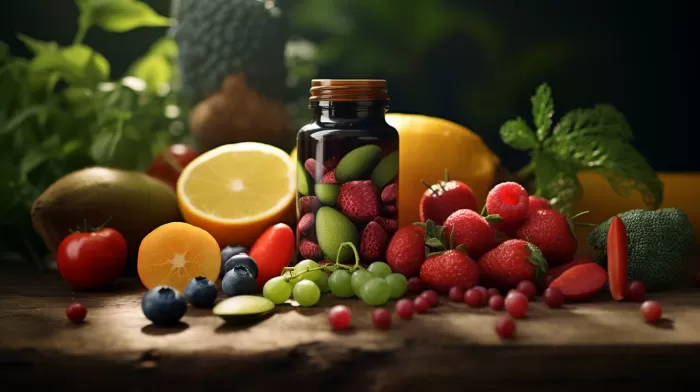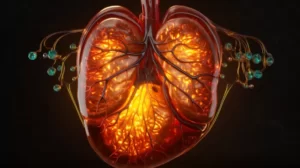How often do you detox? Do you have a regular ritual, or do you cleanse only when you feel bogged down? Feeling rundown is a sure sign it’s time to detoxify and get an energy boost. However, cleansing only when you feel like it or at certain times of the year may not be enough. Since toxins don’t take breaks, we need to change the way we think about detoxification and make it an ongoing process. Yet daily cleansing is not sustainable or healthy.
Detox Maintenance: Mindfulness, Diet, and Exercise
A better approach is to focus on detox maintenance, which consists of mindfulness, diet, and exercise. You make numerous small decisions every day, like choosing between a salad or a burger, fruit or a brownie, stairs or an elevator. Make the right choices and integrate them into your daily life.
Your diet should consist of organic fruits and vegetables, particularly deeply colored fruits and cruciferous vegetables, which are rich in nutrients and antioxidants. Focus on lean protein and whole grains and drink a lot of water. Reduce or eliminate alcohol, caffeine, sugar, and processed foods.
A 30-minute daily walk can increase your metabolism and promote toxin removal. Take frequent breaks from desk work to stretch or do a few jumping jacks throughout your day. Even standing instead of sitting has been shown to be beneficial.
Incorporate meditation to manage stress hormones like adrenaline and cortisol, which can contribute to inflammation. Other stress reduction tools include yoga, Qi Gong, Tai Chi, spending time in nature, engaging in art, music, and laughter.
Teamwork: Supporting the Body’s Detoxification Systems
The liver, skin, lungs, lymphatic system, and kidneys all participate in ongoing detoxification, with the liver being the primary organ involved in breaking down toxins for elimination. Enhance skin elimination with dry brushing, using alternating hot and cold, and sweating. Deep breathing increases oxygenation of the blood and stimulates lymphatic fluid movement, essential for processing cellular waste. Using a rebounder can stimulate lymphatic flow. Hydration supports detoxification and protects the kidneys by diluting toxic wastes. Alkalinizing your body through dietary adjustments enhances kidney detoxification capabilities.
Key Supplements for Detox Support
Numerous herbs, minerals, and amino acids can provide extra detoxification support. Botanicals like milk thistle and dandelion extracts help the liver absorb toxins from the bloodstream and break them down. Milk thistle has antioxidant activities such as scavenging free radicals, binding excess free iron and copper, inhibiting damaging signaling pathways, activating genes for protective molecules synthesis, and interacting with gut microbiome bacteria.
The liver makes toxins water-soluble for easy excretion from the body. Methylsulfonylmethane (MSM), N-Acetyl Cysteine (NAC), and alpha-lipoic acid support this process. Detox pathways need co-factors like zinc, magnesium, and B vitamins, found in ecoDetox™ capsules that combine traditional Asian botanical extracts, antioxidants, amino acids, and other nutrients.
Flushing Heavy Metals
Heavy metals are found in many patients due to daily low-level exposures, even in the most careful individuals. Modified citrus pectin (MCP) and alginates can naturally clear dangerous metals from our bodies. MCP, from the pith of citrus fruit peels, traps heavy metals to be removed from the body. Studies have shown a dramatic increase in urinary excretion of heavy metals with oral ingestion of MCP.
Alginates from seaweed prevent the reabsorption of toxins excreted through the bile. The combination of alginates and pectin effectively treats patients exposed to radioactive isotopes after the Chernobyl nuclear disaster.
Remember, detoxification is not a single event, but an ongoing process. Optimize the body’s detox systems through good nutrition, exercise, mindfulness, and careful supplementation. As toxins are removed, you’ll feel better and improve your long-term health.



![8 Simple Rules to Refresh Your Body with a Healthy Cleanse [See Pictures]](https://naturalhealthreserve.com/wp-content/uploads/2024/01/8-rules-healthy-cleanse-slideshow-300x168.webp)